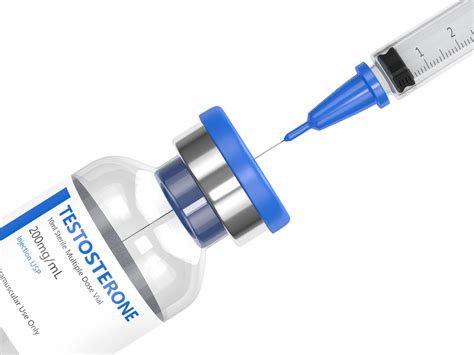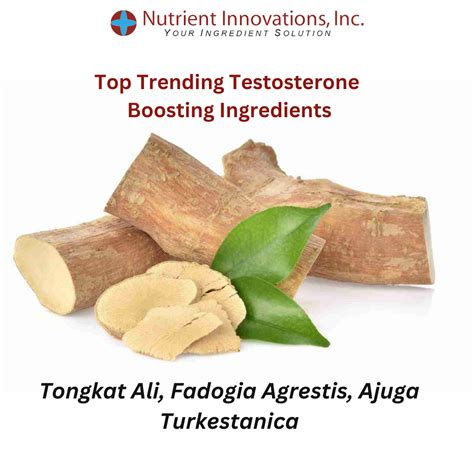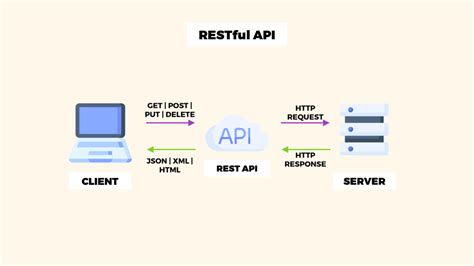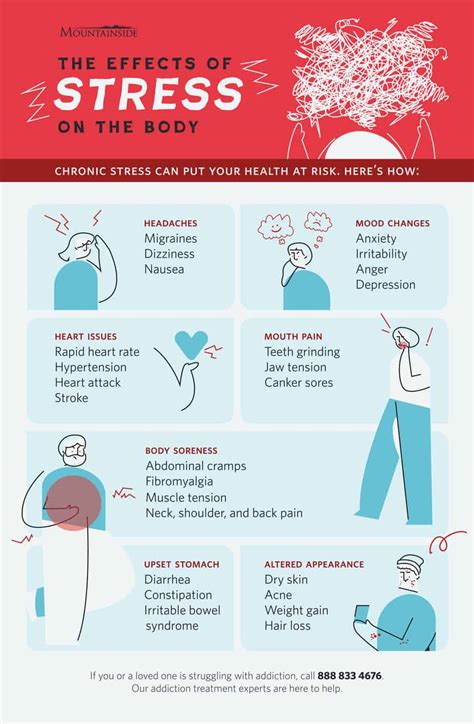Natural ways to boost testosterone for peak strength & vitality?

Understanding Testosterone and Its Importance
Testosterone, often dubbed the primary male hormone, plays a critical role far beyond just sex drive. It’s instrumental in developing muscle mass and strength, maintaining bone density, regulating mood, and impacting overall energy levels and vitality. As men age, testosterone levels naturally decline, but various lifestyle factors can also contribute to suboptimal levels, leading to symptoms like fatigue, decreased libido, reduced muscle mass, and even mood disturbances. Fortunately, adopting certain natural strategies can significantly help in optimizing your body’s testosterone production.

Diet and Nutrition: Fueling Hormone Production
What you eat directly impacts your hormonal balance. A diet rich in specific nutrients can lay the foundation for healthy testosterone levels. Focus on:
- Healthy Fats: Cholesterol is a precursor to testosterone. Incorporate monounsaturated and polyunsaturated fats from sources like avocados, nuts, olive oil, and fatty fish (salmon, mackerel) into your diet.
- Zinc-Rich Foods: Zinc is a vital mineral for testosterone production. Oysters are famously high in zinc, but you can also find it in red meat, poultry, beans, and nuts.
- Vitamin D: Often called the ‘sunshine vitamin,’ Vitamin D acts like a steroid hormone in the body and is directly linked to testosterone levels. Spend time in the sun safely, or supplement and consume foods like fortified milk, egg yolks, and fatty fish.
- Cruciferous Vegetables: Vegetables like broccoli, cauliflower, and cabbage contain compounds that help reduce estrogen levels, which can indirectly help boost testosterone.
Avoid excessive sugar intake and processed foods, which can negatively impact hormonal health and lead to inflammation.

Strategic Exercise: Building Strength and Hormones
Regular physical activity, especially certain types, is a powerful testosterone booster.
- Strength Training: Lifting weights, particularly compound exercises like squats, deadlifts, bench presses, and overhead presses, stimulates significant testosterone release. Focus on heavy weights and fewer reps (e.g., 6-10 reps) for maximum hormonal response.
- High-Intensity Interval Training (HIIT): Short bursts of intense exercise followed by brief recovery periods have also been shown to elevate testosterone levels.
Balance your workouts to avoid overtraining, which can paradoxically suppress testosterone. Aim for 3-4 strength training sessions per week, with adequate rest days.

Prioritize Quality Sleep
Sleep deprivation is a silent enemy of testosterone. Most of your testosterone is produced while you sleep, especially during the deeper REM cycles. Chronic lack of sleep (less than 7-8 hours per night) can significantly reduce testosterone levels, sometimes by as much as 10-15% in healthy young men.
- Aim for 7-9 hours: Make sleep a non-negotiable part of your daily routine.
- Improve Sleep Hygiene: Establish a consistent sleep schedule, create a dark, cool, and quiet bedroom environment, and avoid screens before bedtime.

Manage Stress Effectively
Chronic stress leads to elevated levels of cortisol, the body’s primary stress hormone. High cortisol levels can directly suppress testosterone production. Finding effective ways to manage stress is crucial for hormonal balance.
- Mindfulness and Meditation: Practices like meditation, deep breathing exercises, and yoga can help reduce cortisol.
- Hobbies and Relaxation: Engage in activities you enjoy to unwind and de-stress.
- Social Connection: Strong social ties can provide emotional support and reduce feelings of stress.

Additional Lifestyle Factors
- Maintain a Healthy Weight: Excess body fat, particularly around the abdomen, can convert testosterone into estrogen, lowering overall levels.
- Limit Alcohol Consumption: Excessive alcohol intake can interfere with testosterone production and increase its conversion to estrogen.
- Avoid Endocrine Disruptors: Be mindful of exposure to chemicals like BPA (found in some plastics) and phthalates, which can interfere with hormone function.
Conclusion
Boosting testosterone naturally is not about a single magic bullet, but rather a holistic approach to health and wellness. By consistently implementing these dietary, exercise, sleep, and stress management strategies, you can optimize your body’s natural testosterone production. This will not only contribute to peak strength and vitality but also enhance your overall quality of life, energy, and mood. Consult with a healthcare professional before making significant changes to your diet or exercise regimen, especially if you have underlying health conditions.









